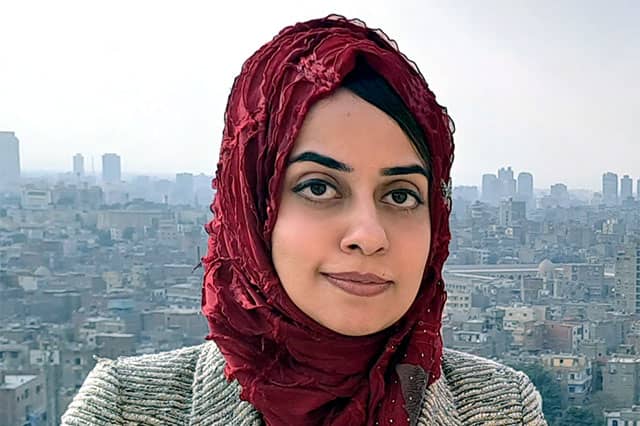
www.buildingsandcities.org/about/rihab-khalid.html
Rihab Khalid

Dr Rihab Khalid is an interdisciplinary, socio-technical researcher specialising in problem-driven and human-centred research in sustainable energy, climate and housing infrastructure. She primarily investigates the intersections between gender equity, energy access, and spatial justice in architecture and urban spaces in the Global South, operating at the nexus of the UN's Sustainable Development Goals 5, 7 and 11.
She has been working as the Isaac Newton Trust Research Fellow at the University of Cambridge, UK these past three years, and currently serves as a climate science advisor at ECIU and gender specialist for the UNDP in Asia and Pacific region.
Latest Commentaries
Decolonising Cities: The Role of Street Naming
During colonialisation, street names were drawn from historical and societal contexts of the colonisers. Street nomenclature deployed by colonial administrators has a role in legitimising historical narratives and decentring local languages, cultures and heritage. Buyana Kareem examines street renaming as an important element of decolonisation.
Integrating Nature into Cities
Increasing vegetation and green and blue spaces in cities can support both climate change mitigation and adaptation goals, while also enhancing biodiversity and ecological health. Maibritt Pedersen Zari (Auckland University of Technology) explains why nature-based solutions (NbS) must be a vital part of urban planning and design.